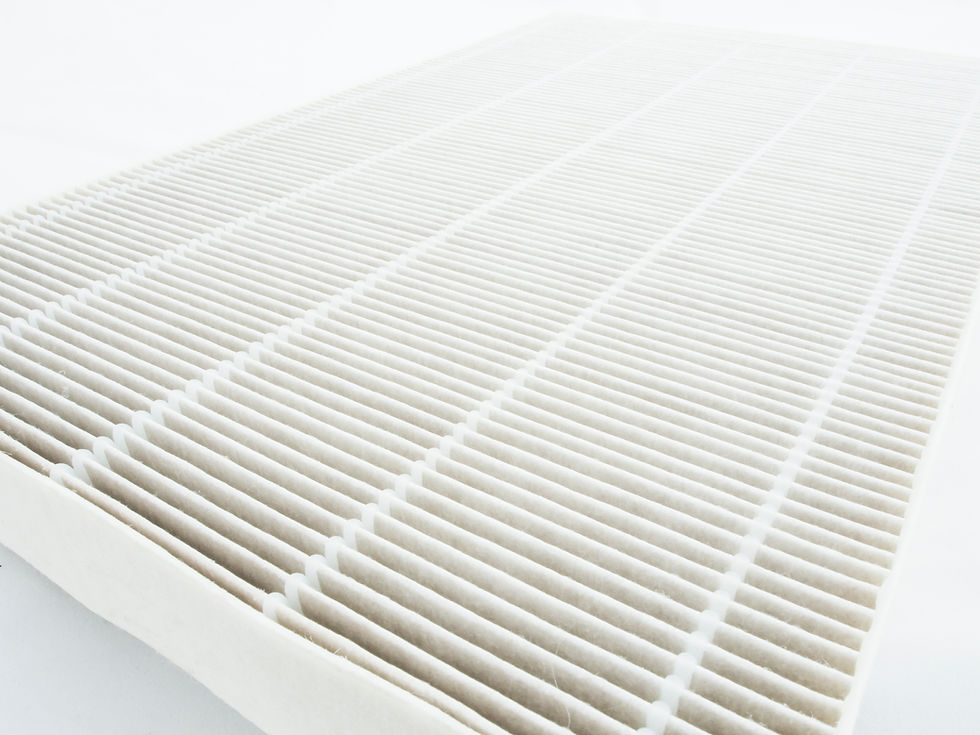Hey there, diesel enthusiasts! If you’re reading this, chances are you’re a proud owner of a diesel engine, or you’re thinking about getting one. Diesel engines are known for their durability and power, but like any high-performance machine, they need a bit of TLC to keep running smoothly. Don’t worry; maintaining your diesel engine doesn’t have to be rocket science. Let’s dive into some straightforward tips to ensure your diesel engine stays in top shape for years to come.

1. Stick to the Maintenance Schedule
First things first, every diesel engine has a maintenance schedule. Think of it as a recipe for keeping your engine healthy. This schedule, often found in your vehicle’s manual, will tell you when to change the oil, replace filters, and perform other critical tasks. Following this schedule helps you avoid more significant issues down the road. Set reminders if you have to—consistency is key!
2. Change the Oil Regularly

Oil is like the lifeblood of your diesel engine. It lubricates the moving parts and keeps everything running smoothly. Over time, oil breaks down and can become contaminated. Regular oil changes are crucial to prevent engine wear and tear. For diesel engines, it’s generally recommended to change the oil every 5,000 to 7,500 miles, but always check your manufacturer’s recommendations for the best results.Take into account how you use your vehicle as well. If you drive long trips often or in hot or cold climates you may need to check more often.
3. Use the Right Oil
Not all oils are created equal. Diesel engines require a specific type of oil that meets certain standards, often marked with “CJ-4” or “CK-4” on the bottle. This oil has additives that help manage the unique needs of diesel engines, like soot control and high-temperature performance. Make sure to use the oil grade and type recommended by your manufacturer to keep everything running smoothly.

4. Check and Replace the Air Filter
Your diesel engine needs clean air to function efficiently. The air filter keeps dust and debris out of the engine. Over time, it can become clogged, which restricts airflow and reduces performance. Check the air filter regularly, and replace it when it’s dirty or as part of your regular maintenance schedule. A clean air filter improves fuel efficiency and engine performance. It is one of the most common issues we find and it is probably the cheapest item to replace!
5. Monitor the Fuel System
Diesel engines are sensitive to fuel quality. Make sure you’re using good-quality diesel fuel, and consider using a fuel additive that helps clean the injectors and prevent gumming. Also, keep an eye on the fuel filter, as it needs to be replaced periodically to keep contaminants out of the fuel system. If you are taking a trip into colder climates make sure that you are getting fuel with cold climate additives or adding one yourself to prevent it from turning into a slushy!

6. Keep an Eye on Coolant Levels
Overheating is a diesel engine’s worst enemy. Regularly check the coolant levels and ensure that the coolant is clean and at the proper level. If the coolant is dirty or low, it can lead to overheating and severe engine damage. It’s also a good idea to have the cooling system flushed and refilled as recommended by your manufacturer.
7. Inspect the Exhaust System
The exhaust system in a diesel engine works hard to manage emissions and reduce noise. Regularly inspect the exhaust system for any signs of damage or leaks. A damaged exhaust system can lead to performance issues and may even affect fuel economy. Address any issues promptly to avoid more significant problems. A visual check should be a part of your pre-trip inspection.

8. Check the Battery and Electrical System
A diesel engine relies on a strong battery and a healthy electrical system to start and run efficiently. Regularly check the battery terminals for corrosion, and make sure the connections are tight. If you’re experiencing hard starts or electrical issues, it could be a sign that the battery or alternator needs attention. More often than not, it is a seized up alternator pulley so make sure to check the belt for any signs of wear.
9. Pay Attention to the Turbocharger
Many diesel engines are equipped with turbochargers, which boost performance and efficiency. Ensure that the turbocharger is in good condition by checking for any unusual noises or performance issues. Regularly change the oil and use the proper grade of oil to keep the turbo running smoothly because we all know how expensive those can be to replace.

10. Drive Smarter Not Harder
How you drive can impact the health of your diesel engine. Avoid short trips that don’t allow the engine to reach operating temperature, as this can lead to incomplete combustion and soot buildup. Also, try to avoid overloading the engine and driving at excessive speeds, which can put extra stress on the engine components. Make sure if you have a Diesel Particulate Filter (DPF) system that you perform the regen when your light comes on, this is another situation that we come into often!
Maintaining a diesel engine doesn’t have to be daunting. By following these straightforward tips and sticking to your maintenance schedule, you can keep your diesel engine running smoothly and efficiently. Regular pre-trip inspections, proper care, and mindful driving will go a long way in ensuring that your engine remains a powerhouse for years to come.
So there you have it! With a little effort and attention, you can enjoy the reliability and performance that diesel engines are famous for. Happy driving and happy maintaining!
Feel free to reach out if you have any questions or need more tips on keeping your diesel engine in top shape. Until next time, keep that engine purring!
Comments